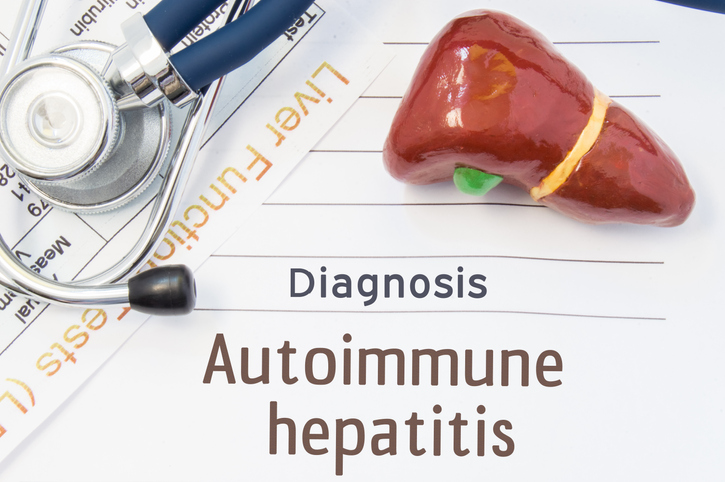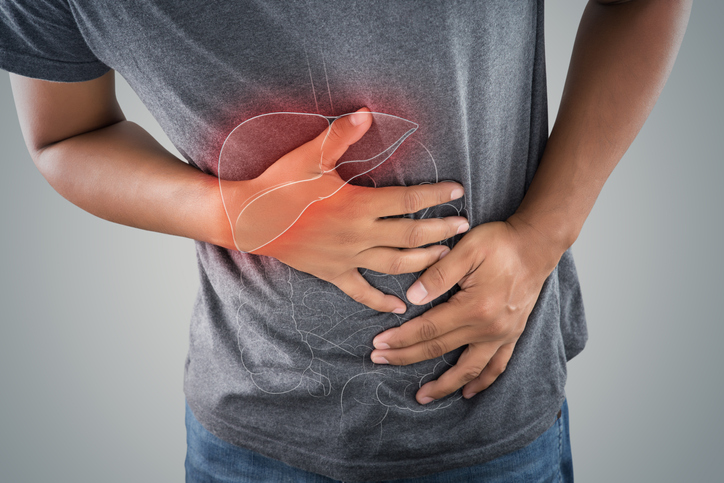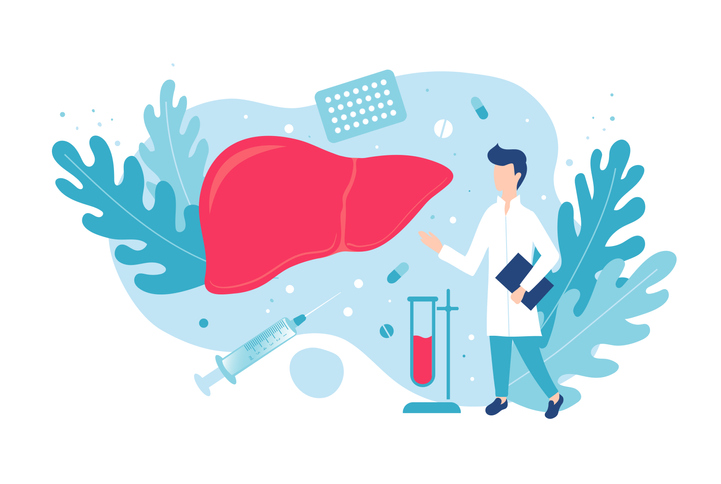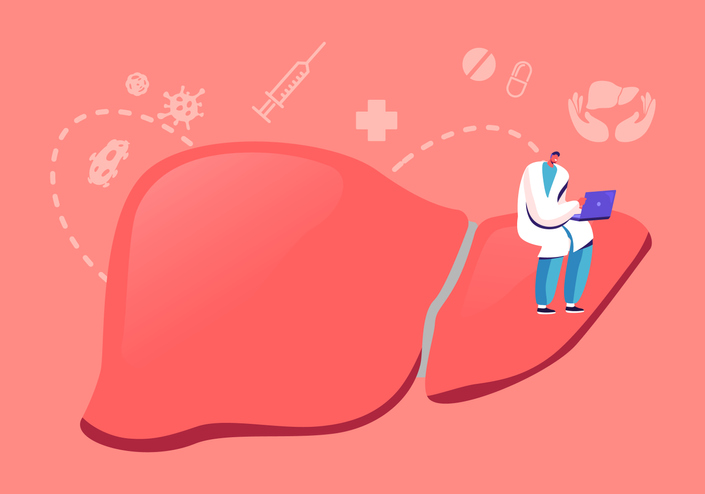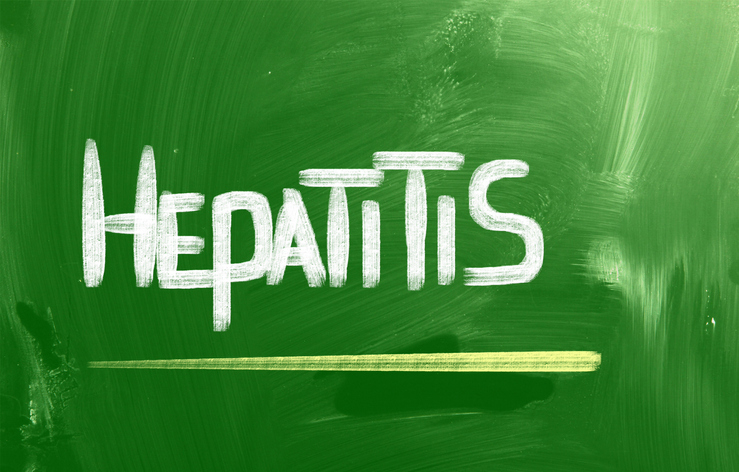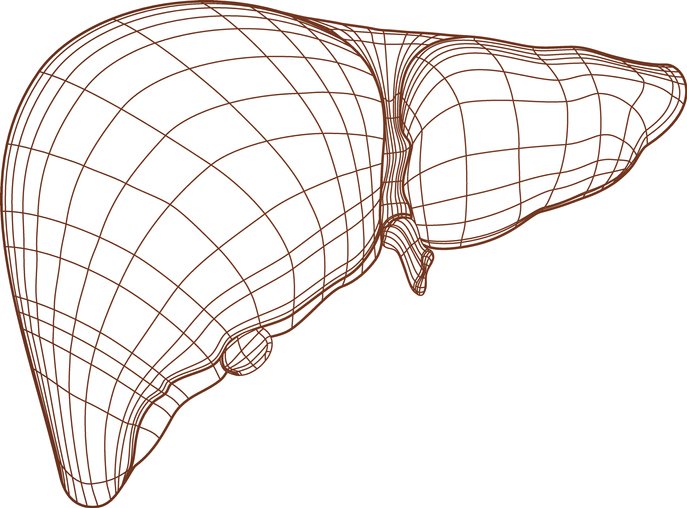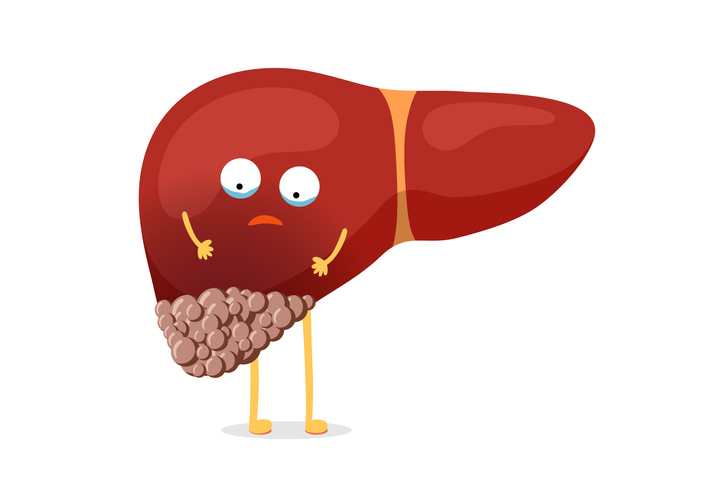Pain
Alternative and Complementary Treatments for Autoimmune Hepatitis

What is autoimmune hepatitis?
Autoimmune hepatitis (AIH) is an inflammatory condition of the liver. It occurs when the body’s immune system mistakenly attacks cells in the liver. AIH is a non-viral, non-contagious type of hepatitis.
Alternative and complementary treatments
Conventional medical treatments for autoimmune hepatitis generally include corticosteroid and immunosuppressant drug therapy to slow disease progression. However, even when the condition is well-controlled, some individuals with AIH may still experience fatigue, joint and muscle pain, malaise, and flu-like symptoms. Alternative and complementary therapies, such as lifestyle changes, stress management, and a balanced diet may help alleviate these symptoms.
- Physical activity
Physical activities, such as walking, biking and swimming, release endorphins (the body’s natural painkillers), improve sleep quality, and prevent or reduce symptoms of depression and anxiety. - Massage
Massage can help reduce muscle tension, improve circulation, promote relaxation, and release endorphins, all of which reduce pain levels. It also encourages the body to release any buildup of acids and other waste products. - Acupuncture
Acupuncture is a practice of traditional Chinese medicine. It involves the insertion of thin needles into the skin to stimulate specific areas of the body. Acupuncture stimulates blood flow and releases endorphins. - Proper sleep
Sleep deprivation can increase inflammation and worsen pain sensations. Practicing proper sleep hygiene can help reduce pain levels. - Healthy diet
Limiting unhealthy foods, such as refined carbohydrates, sugar, and processed foods, and choosing healthy options can improve body function. A healthy diet includes fruits, vegetables, whole grains, lean protein, and healthy fats. Individuals with cirrhosis or ascites (accumulation of fluid in the abdomen) may need to follow a low-sodium diet (<2000 mg of sodium/day). - Supplements
A health care professional should always be consulted before taking a new supplement. Certain supplements can worsen autoimmune hepatitis. Supplements can also interact with medications. Dietary supplements such as calcium and vitamin D may be recommended for those on steroids or at high risk of developing osteoporosis.
For more information, check out the University of North Carolina School of Medicine’s podcast “Autoimmune Hepatitis - with Dr. Jama Darling.”
